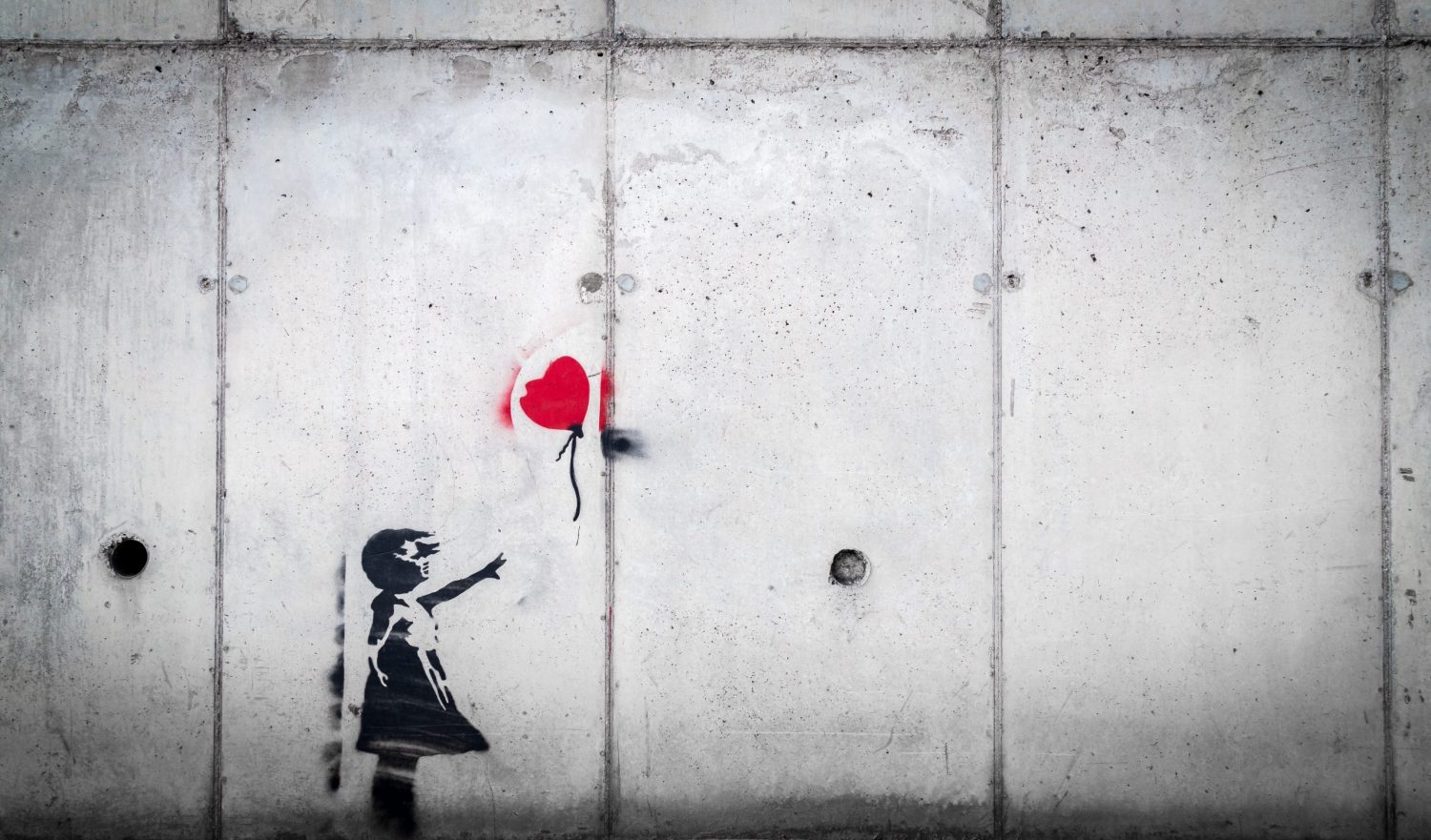
Recognising the Hidden Manifestations of Grief
Dedicated to my best friend, who has just lost someone close, I hope you can be kind and easy on yourself in this difficult period of grief.
To write about grief is confusing. It’s not like other mental sufferings, such as anxiety or depression, where you can almost “list” symptoms or expect to see similar presentations between people. In fact, in my opinion, grief is probably the most disorganised and unpredictable experiences of all sufferings in life.
To add to the complexity of grief, it can be caused by any major loss, with what defines “major” being entirely individual. The most obvious cause of grief is death of a loved one. However, people also experience grief when diagnosed with a chronic health condition, or when they lose part of their identity (for example, through job loss, divorce or change in life roles (e.g. becoming a carer)), or when they have a child with chronic health issues/special needs.
Whilst grief can be unpredictable and varies across individuals, one thing for sure about grief is:
More than any other form of mental distress, grief sends ripples through whole systems and networks. Whole family systems are often disrupted, which can leave devastating scars that are sometimes difficult to heal.
In my both my personal experience and client work, I think the hardest thing I’ve observed about grief is it can be difficult to recognise. Grief can be expressed in ways that are not immediately obvious. It has a tendency to create small shifts overtime in a person, relationships and family systems. The often subtle nature of grief can mean that changes can creep up, accumulating into giant mountains that can be hard to overcome.
The more subtle signs of grief
Most people are perhaps aware of the five stages of grief – denial, anger, bargaining, depression and acceptance. These stages can occur in any order and most people tend to oscillate between each stage. This model helps someone grieving understand why they may suddenly feel intense rage towards others, the world or themselves; followed by serenity and peace owed to a blissful state of denial. Or, why they may be crying into their pillow; followed by bargaining with the gods to swap out their loss for something else or wishing for a miracle. However, while this model helps us understand the emotional roller coaster of grief, it does not explain the more subtle experiences of grief.
Self-esteem
It’s hard to imagine the connection between loss and self-esteem, but loss affects self-esteem in many ways. Tragedy often comes as a shock that is out of our control. And in the absence of control, we may turn to ourselves to blame to make sense of everything. Self-esteem is also impacted when we lose part of our identity, for example, losing our professional identity due to chronic illness.
Guilt
It’s complex how guilt is associated with grief, but guilt often creeps up in unsuspecting ways. Commonly, people may feel guilty for not appreciating their life more if they’ve witnessed someone else having their life stolen from them. Contrary to this, you may feel guilty for enjoying parts of life, knowing a lost loved-one is missing out. Sometimes people also feel undeserving of their life or good things in their life.
Social isolation
Grief is a very painful and personal experience. Both the pain and personal nature of grief can cause disconnect from others. Most people do not know how to support someone grieving. Common unhelpful attempts at supporting someone grieving, include: Ignoring or avoiding the topic of loss, focusing on the positives, and providing misguided advice. As such, someone grieving can feel that no-one understands their suffering, leaving them to feel alone and unsupported.
Relationship erosion
Grief has mysterious ways of affecting relationships and family systems. When a family undergoes a shared loss, it can be hard to connect and relate to one another, because everyone copes differently with loss. As such, distance can grow in relationships. As well, grief-related anger can often be misdirected onto loved-ones, causing conflict and ruptures in relationships. Loss also creates pressure, which with intense emotions, can create tension between family members. This makes it difficult to collaborate on big decisions, often resulting in conflict.
You may like to read here to understand the more typical signs and symptoms of grief and loss.
